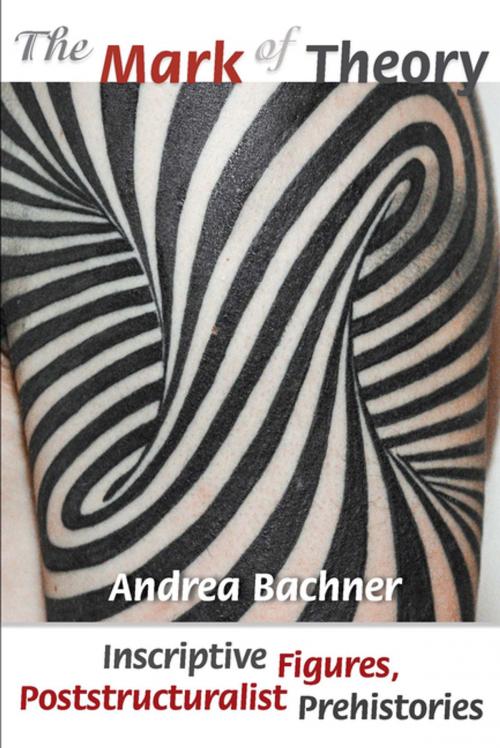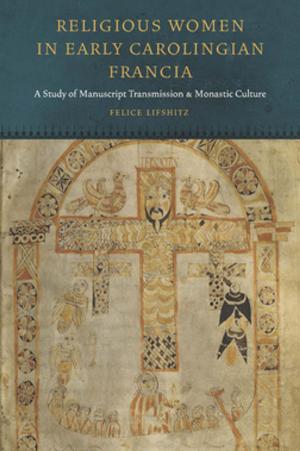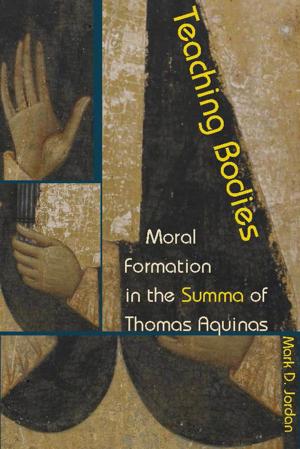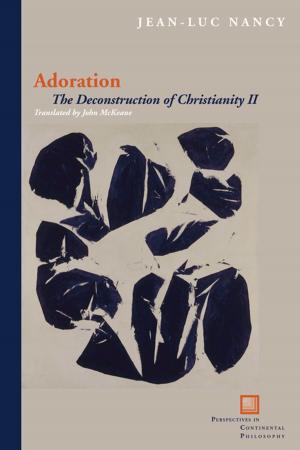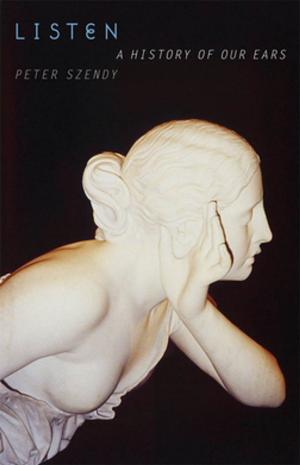The Mark of Theory
Inscriptive Figures, Poststructuralist Prehistories
Fiction & Literature, Literary Theory & Criticism, Theory, Nonfiction, Religion & Spirituality, Philosophy, Social & Cultural Studies, Social Science| Author: | Andrea Bachner | ISBN: | 9780823277490 |
| Publisher: | Fordham University Press | Publication: | November 28, 2017 |
| Imprint: | Fordham University Press | Language: | English |
| Author: | Andrea Bachner |
| ISBN: | 9780823277490 |
| Publisher: | Fordham University Press |
| Publication: | November 28, 2017 |
| Imprint: | Fordham University Press |
| Language: | English |
What imaginaries, tropes, and media have shaped how we theorize? The Mark of Theory argues that inscription constitutes one of the master metaphors of contemporary theory.
As a trope that draws on a wide array of practices of marking, from tattooing to circumcision, from photographic imprints and phonographic grooves to marks on a page, inscription provides an imaginary that orients and irritates theoretical thought. Tracing inscriptive imaginaries from the late nineteenth century to today, The Mark of Theory offers a wide-ranging conceptual genealogy of contemporary thought. Navigating poststructuralism’s attention to figurative language as well as media theory’s attention to objects, phenomena, and practices of mediation, the book works through core questions for how we theorize. Across a range of disciplines and scholarly conversations—from literature and media to anthropology, race and gender, art, psychoanalysis, sound, and ultimately ethics—sites of inscription come to constitute the past legacy of a thought to come, a prehistory of our current moment.
In focusing on materiality and mediation The Mark of Theory shows how inscriptive practices shape conceptual thought, as well as political and ethical choices. By contextualizing the fraught relationship between materiality and signification, The Mark of Theory lays the ground for a politics of theory that begins there where theory and politics are no longer conflated.
What imaginaries, tropes, and media have shaped how we theorize? The Mark of Theory argues that inscription constitutes one of the master metaphors of contemporary theory.
As a trope that draws on a wide array of practices of marking, from tattooing to circumcision, from photographic imprints and phonographic grooves to marks on a page, inscription provides an imaginary that orients and irritates theoretical thought. Tracing inscriptive imaginaries from the late nineteenth century to today, The Mark of Theory offers a wide-ranging conceptual genealogy of contemporary thought. Navigating poststructuralism’s attention to figurative language as well as media theory’s attention to objects, phenomena, and practices of mediation, the book works through core questions for how we theorize. Across a range of disciplines and scholarly conversations—from literature and media to anthropology, race and gender, art, psychoanalysis, sound, and ultimately ethics—sites of inscription come to constitute the past legacy of a thought to come, a prehistory of our current moment.
In focusing on materiality and mediation The Mark of Theory shows how inscriptive practices shape conceptual thought, as well as political and ethical choices. By contextualizing the fraught relationship between materiality and signification, The Mark of Theory lays the ground for a politics of theory that begins there where theory and politics are no longer conflated.
